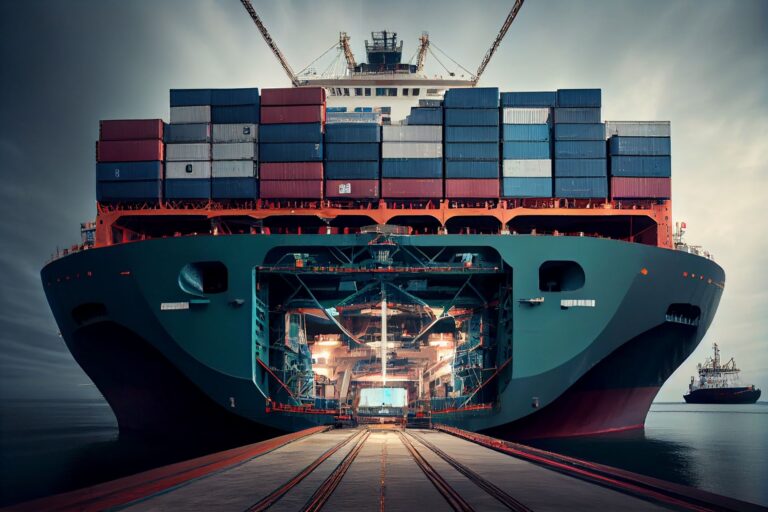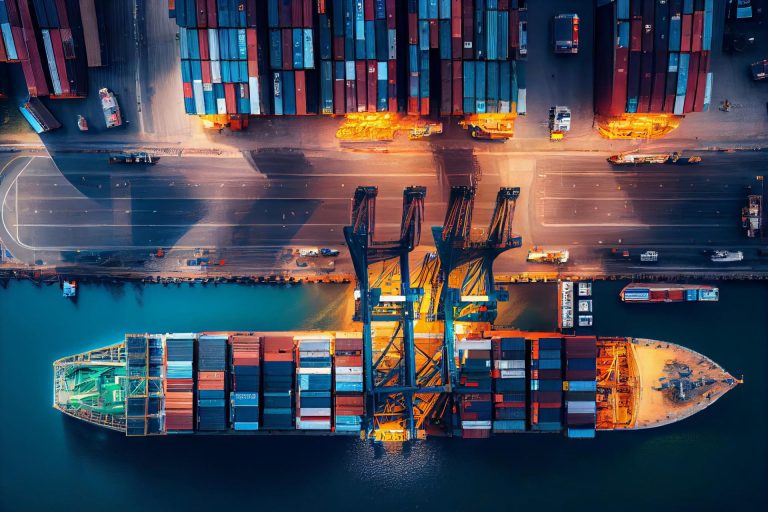Under the AfCFTA, member countries have a platform to consult and engage extensively to reach common ground on various aspects of trade, including tariffs, trade advancement customs procedures, and regulatory coherence. Through these negotiations, countries could potentially harmonize their trade laws and align them with the objectives of the AfCFTA.
The Need for Harmonizing Trade Laws
The AfCFTA facilitates the establishment of common standards and technical regulations involving certification, product quality, labelling and safety. Harmonizing trade laws elevates fair competition, ensures consumer protection, streamlines the movement of consumer goods and services, and lessens the need for several rounds of certifications and testing.
While the predominant goal of the AfCFTA is to boost intra-African trade and economic growth, it must also play a crucial role in standardizing regulations within participating nations for intra-African trade to take place seamlessly.
By aligning customs procedures, trade documentation, technical standards, and product certification processes the AfCFTA will mitigate trade barriers, simplify cross-border transactions, and facilitate the movement of goods and services within the continent via negotiations and consultations.
Snapshot of AfCFTA Legal Framework
The AfCFTA has placed priority on uniformity in the current framework; Article 19 of the agreement states; “the AfCFTA prevails over any other overlapping and inconsistent regional agreement.” It set in place rules of origin under Annex 2 of the agreement, dictating the criteria for determining the national origin of a product. This is because duties and restrictions rely on this information to identify the goods that qualify for preferential treatment. Under the AfCFTA administrative procedures and cross-border, trade can efficiently run with fewer complexities. It has a framework to eliminate tariffs on at least 90% of goods traded between its members under Article 4 of the Protocol on Trade in Goods, with further emphasis on the importance of trade liberalization and dispute resolution mechanisms which we will look at in the report.
The Role AfCFTA Plays in Standardizing Regulations
Harmonizing trade laws for the AfCFTA is essential to unlocking the full potential of intra-African trade and promoting economic development and prosperity. By creating a unified and predictable trade environment, the AfCFTA can spur economic growth, attract investment, and position Africa as a strong player in the global economy. This report highlights some of the areas under the agreement and indicates the significant role it plays in standardizing regulations across the continent.
Trade Liberalization Commitments & Facilitation Measures: Article 2(2) of the AfCFTA’s Protocol on trade in goods prescribes the progressive elimination of tariff (duties and surcharges) and non-tariff (rules and quotas) barriers on products and services traded across the continent, establishing the removal of import duties or charges on goods originating from the territory of other member states. The 2022 AfCFTA report carried out by the World Bank indicates that trade liberalization could raise the continent’s income by 0.2%. Facilitation measures to remove red-tape and streamline customs procedures could assist African countries in integrating into global supply chains – boosting income by $292 billion within the next 12 years. By harmonizing trade laws and regulations participating countries are encouraged to sanction trade advancement measures that align with international best practices to create cost-effective, predictable, and seamless trade flows.
Regulatory Cooperation & Capacity Building: Article 29 of the agreement facilitates the sharing of best practices, training programs, exchanging information, and providing technical assistance to encourage the enforcement of common regulations, the AfCFTA helps create a platform for efficient cooperation and capacity building. Utilizing these practices to build the necessary knowledge and expertise, which for the average person, will increase real wages for both skilled and unskilled workers in diverse sectors as employment shifts from agricultural to non- agricultural sectors like manufacturing and services. Participating countries can strengthen their regulatory institutions, improve their regulatory frameworks, and align their practices with international standards.
Regional Integration Institutions: The Regional Economic Communities (RECs) in Africa – The Southern African Development Community (SADC), East African Community and Economic Community of West African States (ECOWAS) have made significant progress in standardizing regulations within their respective regions. The AfCFTA recognizes the work done by these RECs and supports their efforts to standardize regulations across broader regional contexts to further enhance Africa’s place in the competitive global market. Right now, intra-continental trade accounts for less than 13% of Africa’s total trade, compared to over 60% in Europe and Asia & Oceania, and over 40% in the Americas. The enforcement of regulations to promote further regional economic cohesion addressed under Article 18 of the Protocol on Trade in Services on progressive liberalization, which may have the same success as seen with relaxed visa regulations adopted by ECOWAS.
Technical Barriers to Trade (TBT): United Nations Conference for Trade and Development (UNCTAD) data shows that Africa’s current untapped export potential amounts to $21.9 billion, which is equivalent to 43% of intra-African exports. This is mainly due to technical barriers to trade such as market information gaps and infrastructure gaps. Annex 6 of the agreement outlines guiding principles on how to combat this issue. This will require a joint effort in committing to mutual recognition arrangements and conformity assessment procedures to ensure products meet the standardized quality and safety requirements.
Dispute Resolution Mechanisms: The Dispute Settlement Body Article 20 of the Protocol on Trade in Services, Adjudicating Panel and Appellate Body were set up with the purpose of resolving any trade disputes that may occur between member states under the Protocol on Rules and Procedures of the AfCFTA. It is expected that questions on discriminatory regulations, unfair treatment of products or non-tariff barriers will arise and therefore need to be addressed. These bodies allow for any issues concerning the application and interpretation of the trade regulations to be managed accordingly, advancing consistent enforcement and a standardized system of implementation across the continent which should foster trust and confidence in the trading system.
Conclusion and Recommendations
The AfCFTA plays an imminent role in standardizing regulations across Africa. By effectively harmonizing trade laws, promoting regulatory cooperation, developing common standards, aligning with international criteria, and providing an outlet for dispute resolution. This standardization process fosters economic integration, drives sustainable growth, and enhances Africa’s position in the global economy.
- In our recent report, we advocate that domestic investment policies should, among other things, unify institutional and legal frameworks for investment and improve ties between international and domestic investors.
- Regulations addressing inadequate transport infrastructure have been a significantly expensive challenge for Africa, making intra-regional trade inaccessible, irrespective of tariff reductions. A successful AfCFTA will have a framework for better transport networks.
- Long-term cooperation in investment and competition policies will be a necessary cause of action. This will help overcome market dominance by a few competitors in the market and push back structural and regulatory barriers to market entry.







